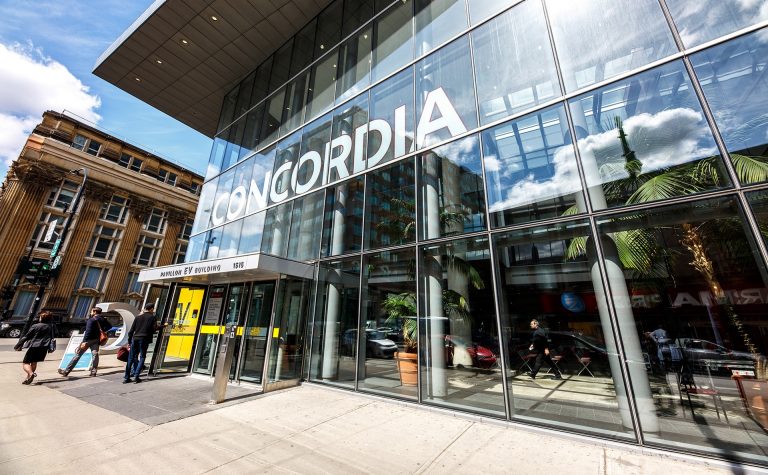Concordia University offers a Bachelor of Science (BSc) degree program in Physics. This program is designed for students who have a strong interest in understanding the fundamental laws and principles that govern the physical world. The program provides a solid foundation in theoretical and experimental physics, as well as mathematical and computational techniques. While the specific courses and requirements may vary, here is a general overview of what the Physics program at Concordia University might include:
Core Physics Courses: The program typically begins with a series of core physics courses that cover topics such as classical mechanics, electromagnetism, quantum mechanics, thermodynamics, and statistical mechanics. These courses provide students with a comprehensive understanding of the foundational principles of physics.
Mathematical Methods: Physics relies heavily on mathematical tools and techniques for analysis and problem-solving. Therefore, students in the program typically take courses in mathematical methods for physics. These courses cover topics such as calculus, differential equations, linear algebra, complex analysis, and numerical methods.
Laboratory Experiments: Laboratory courses are an essential component of the Physics program. Students have the opportunity to conduct experiments and gain hands-on experience in applying theoretical concepts to practical situations. These lab courses help students develop their experimental skills, data analysis techniques, and scientific reasoning.
Elective Courses: The program often includes a range of elective courses that allow students to specialize in specific areas of physics based on their interests. These elective courses may cover topics such as astrophysics, particle physics, solid-state physics, quantum optics, nuclear physics, or computational physics. Students can choose courses that align with their career goals or further explore their areas of interest.
Advanced Physics Topics: In the later years of the program, students may have the opportunity to delve into advanced topics in physics. These courses are typically more specialized and focus on advanced theories, mathematical models, and experimental techniques. Students may explore topics such as quantum field theory, condensed matter physics, particle physics phenomenology, or advanced optics.
Research Opportunities: Concordia University may provide research opportunities for undergraduate physics students. These opportunities allow students to work closely with faculty members on research projects, gain valuable research experience, and contribute to the advancement of scientific knowledge in their field.
Seminar and Capstone Projects: Some programs may include seminar courses where students engage in discussions and presentations on current research topics in physics. Additionally, students may undertake a capstone project or thesis in their final year, where they conduct independent research under the guidance of a faculty supervisor. This project allows students to apply their knowledge and skills to a specific research problem and present their findings.
Professional Development: The Physics program may offer professional development opportunities to help students prepare for their future careers. These may include workshops on scientific communication, career exploration in physics, and guidance on pursuing further studies or employment in the field.
Please note that the specific courses and requirements for the Physics program at Concordia University may differ from what is outlined above. It's important to visit the official Concordia University website or contact the university directly for the most accurate and up-to-date information about their Bachelor of Science in Physics program.
Show less 



